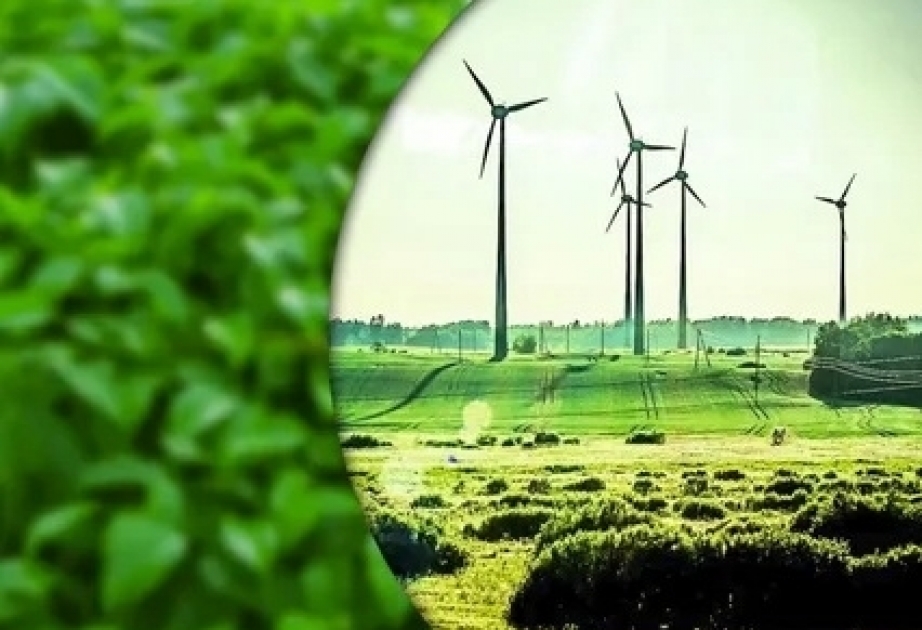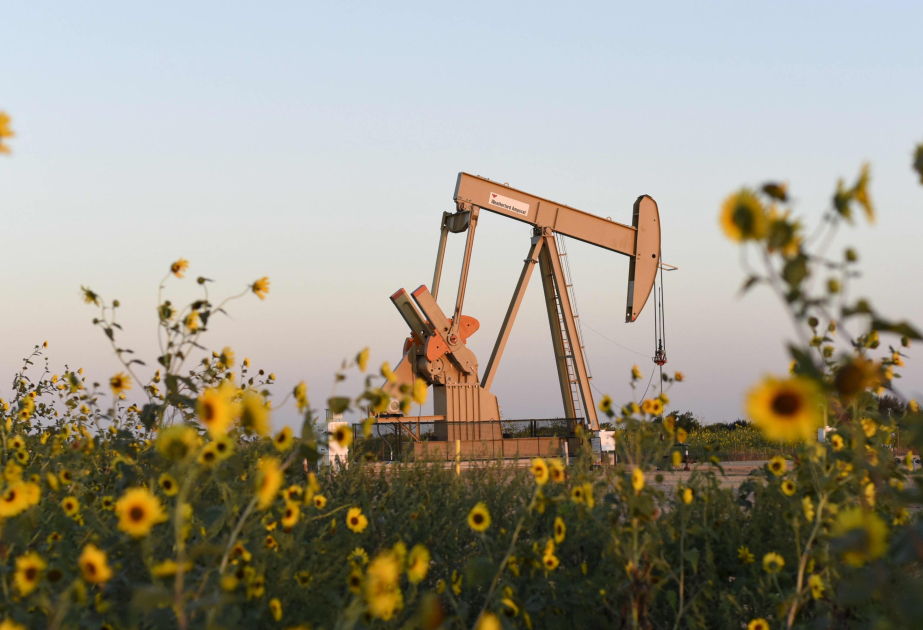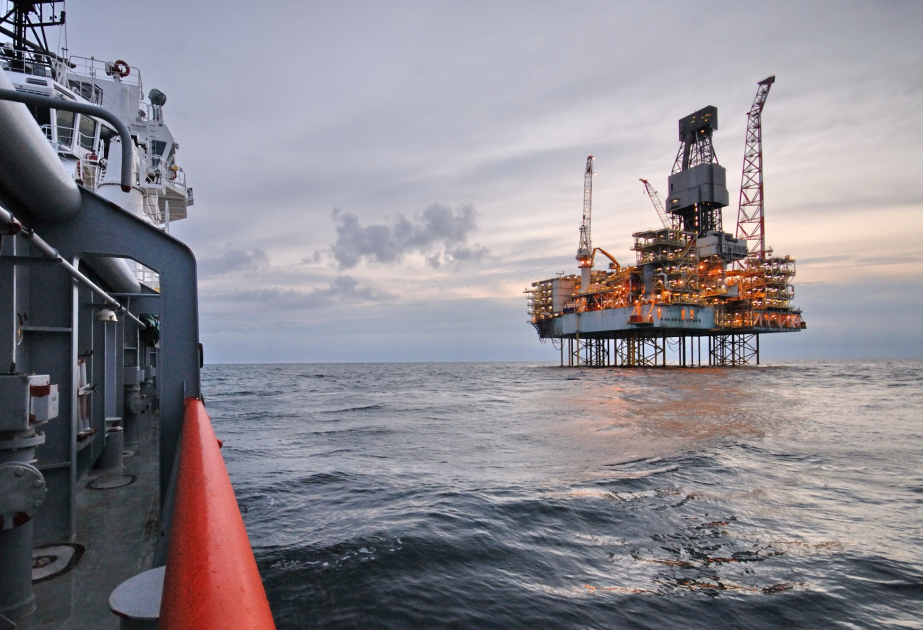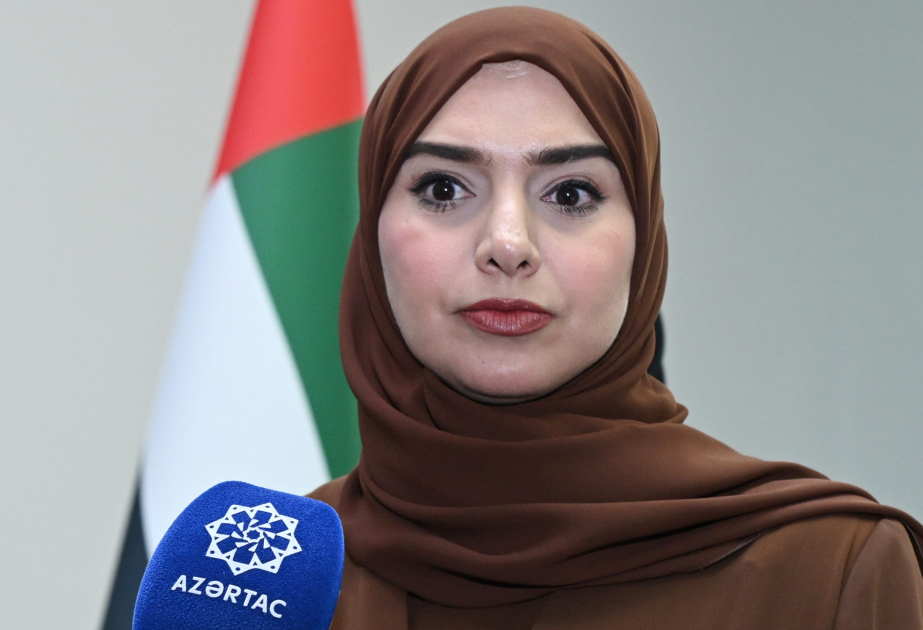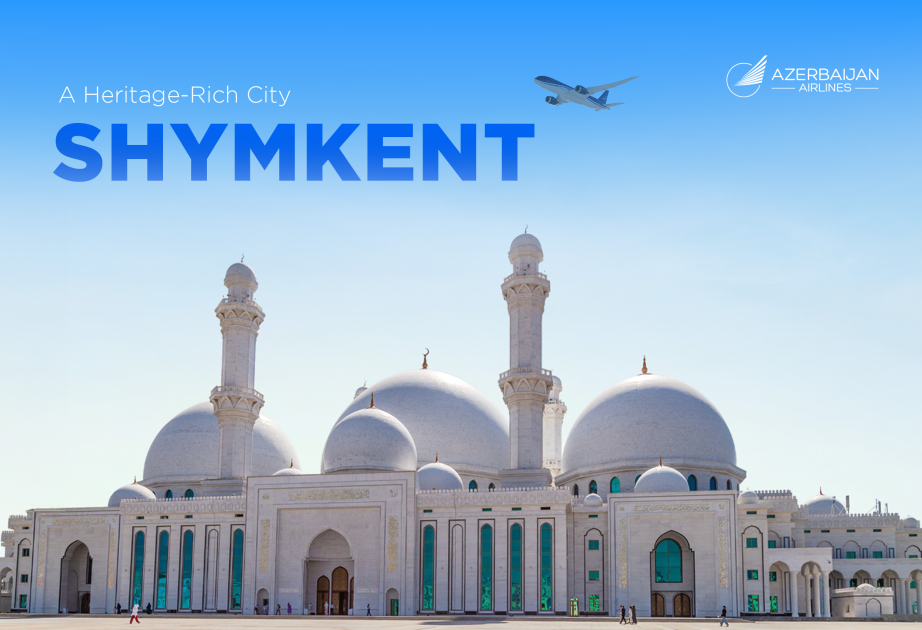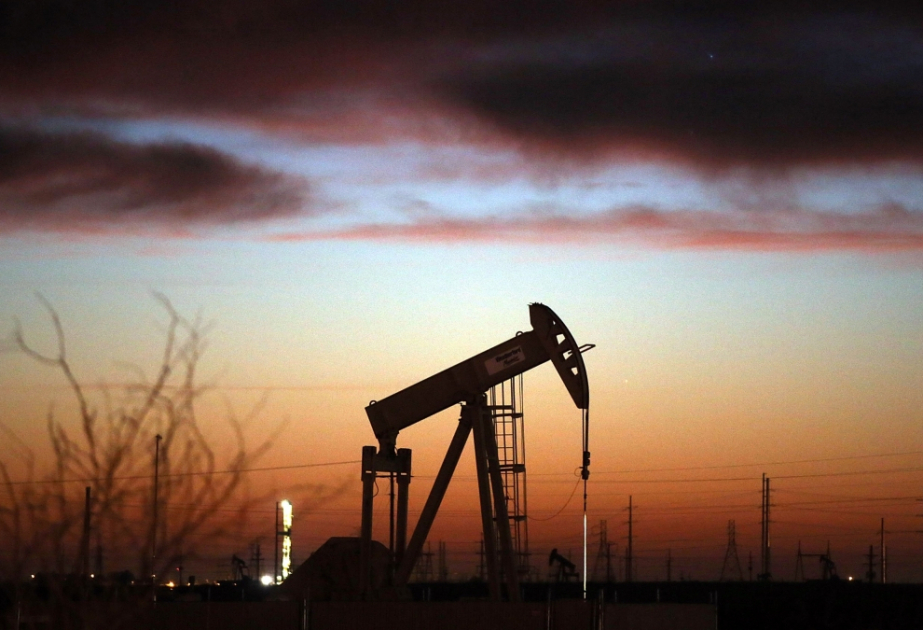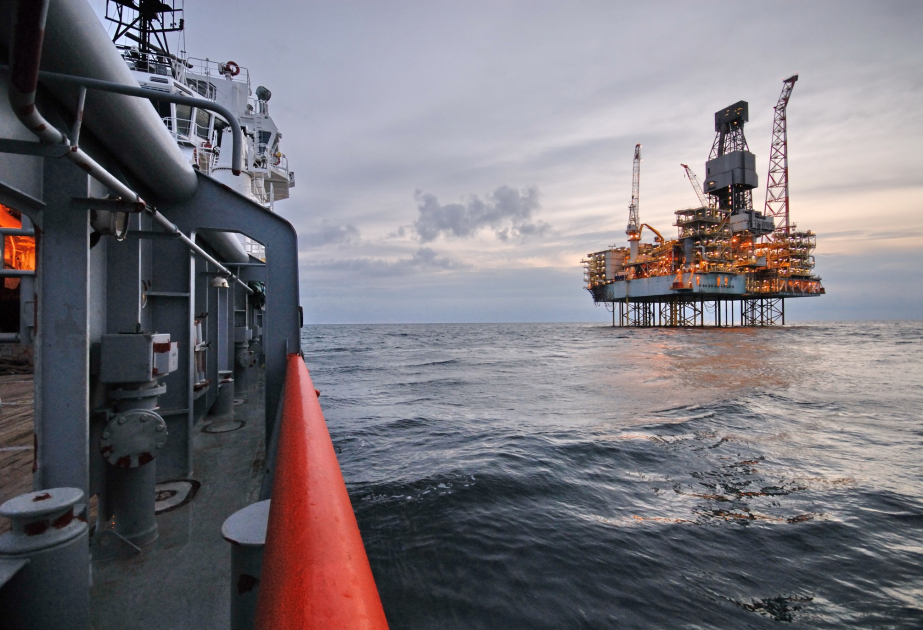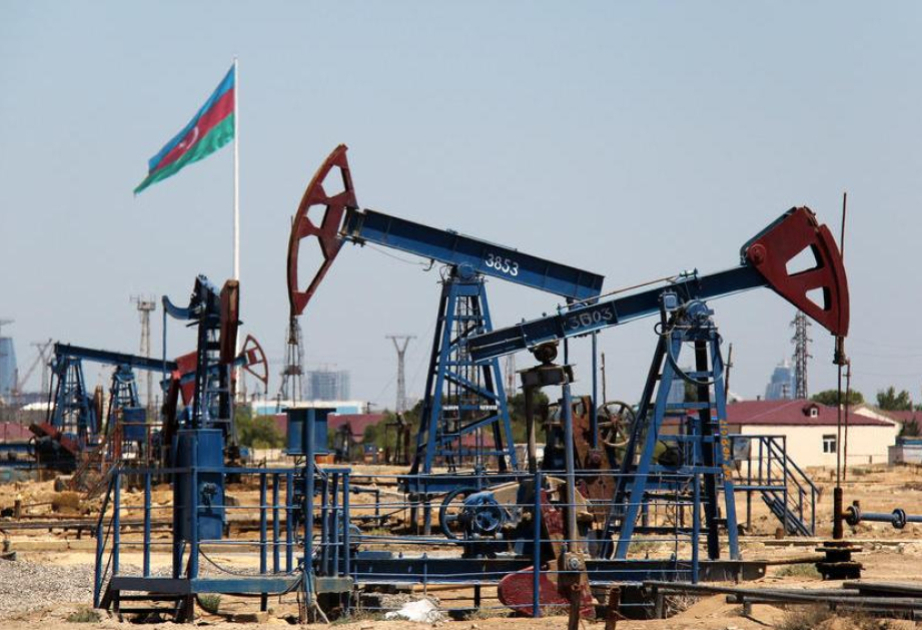Azerbaijan is a regional leader in green energy transition
Azerbaijan, a country with a huge renewable energy potential, is already an example of successful transition to alternative energy. Although the emergency of modern Azerbaijan is inextricably linked to oil production, the country is a regional leader in terms of the application of innovative approaches aimed at transition to green energy and makes a tangible contribution to combating the effects of climate change.
The government's contributions to climate action, the transition to a green economy and Azerbaijan's undisputed international authority logically led to the decision to conduct one of the largest and most prestigious global events, the 29th session of the Conference of the Parties to the UN Framework Convention on Climate Change (COP29), in Baku. The holding of this conference in Azerbaijan will give the country’s the opportunity to demonstrate to the world its achievements in technological solutions in the field of energy transition.
This was followed by the declaration of 2024 in the Republic of Azerbaijan as a “Year of Solidarity for a Green World”.
AZERTAC recalls that on December 25 last year President Ilham Aliyev, guided by paragraph 32 of Article 109 of the Constitution of the Republic of Azerbaijan, signed the Order “On declaring 2024 as a Year of Solidarity for a Green World” in the Republic of Azerbaijan in order to strengthen international solidarity in the global climate action. The document envisages such priorities as sustainable development of a competitive economy and transformation into a country with a clean environment and green growth.
Azerbaijan's tangible steps towards a green future for the planet
Azerbaijan has not only joined the discussion, but is also taking tangible measures to combat climate change and ensure the environmental well-being of the planet. Here are just a few examples.
One of the priorities in the process of restoration and reconstruction of Azerbaijan’s lands liberated from occupation is the restoration of the ecosystem and environmental protection. The plan is to turn these territories into a net zero emission zone by 2050.
In the field of alternative energy, the Government of Azerbaijan plans to implement a project to build a power plant in Yashma and turn Nakhchivan into a green energy zone along with Karabakh and Eastern Zangezur (the possibility of building a solar power plant with a capacity of 500 MW is being considered); launch a solar power plant with a capacity of 240 MW in Jabrayil, a project in which British bp is acting as a direct foreign investor; implement a SOCAR project to lay electric cables to offshore platforms on the territory of the country to reduce consumption of natural gas by the facilities, as well as a project to build a subsea cable under the Black Sea to transport green energy from Azerbaijan to Europe.
Meanwhile, the Trans Adriatic Pipeline (TAP) consortium and the State Oil Company of Azerbaijan (SOCAR) are conducting studies on the transportation of hydrogen to the European market. In particular, design requirements for the necessary equipment to transport a mixture of natural gas and hydrogen through the TAP pipeline are being investigated. At the same time, in cooperation with international companies bp and KBR (UK), Masdar (UAE) and Equinor (Norway), discussions are underway on promising hydrogen production technologies. We are talking about the production of green hydrogen by electrolysis of sea water using electricity from offshore wind turbines, as well as blue hydrogen from natural gas produced offshore. However, the transportation of the gas-hydrogen mixture is a rather complex technological process, which is also associated with a number of operational and commercial factors. Therefore, SOCAR considers investing in hydrogen projects directly from its sales sources in Europe as an alternative option.
It should be noted that according to international organizations, SOCAR will achieve decarbonization in the next 10 years. This is a shorter period than that set for decarbonization by many other countries.
Azerbaijan plans to reduce greenhouse gas emissions by 35 percent by 2030 (compared to 1990) and by 40 percent by 2050.
Alternative energy and the interest of other countries in Azerbaijan's green energy
In general, if we talk about such a priority area of energy transition as the production of hydrogen, green and other types of hydrogen, the Caspian region has broad opportunities for becoming a center of production of all types of hydrogen. Construction of new infrastructure, great potential, experience – all these factors play into attracting important energy companies to invest in renewable energy.
In particular, according to the Ministry of Energy of Azerbaijan, the technical potential of the country's renewable energy is 135 GW onshore and 157 GW offshore sea. The economic potential of renewable energy is 27 GW, including wind energy 3,000 MW, solar energy 23,000 MW, bioenergy 380 MW. The potential of mountain rivers is estimated at 520 MW.
At a meeting held by the Center for Sustainable Values within the framework of the EU Green Week last year (June 3-11, 2023 - ed.), Wind Europe's Chief Political Director Pierre Tardieu said that Azerbaijan has a competitive edge, especially when it comes to wind power and green hydrogen.
According to expert assessments, already by 2030 the share of renewable energy in the installed capacity of electricity generation in Azerbaijan will reach 30 percent.
As a consequence of all the above, many countries, including the United States and Australia, are showing interest in Azerbaijan's green energy. Only the Federal Republic of Germany plans to invest about 1 billion dollars in Azerbaijan’s renewable energy. Prospects for the development of the alternative energy market in Azerbaijan open up ample opportunities for many companies with relevant experience to implement a variety of projects in wind power, solar generation, hydropower and other areas of green energy.
X X X
The challenges faced by countries of the world and expected transformations in the global energy balance have put forward tasks such as increasing sustainable and clean energy forces for the region and identifying new energy routes. On this basis, Azerbaijan, one of the important players in global and regional energy security, is implementing sustainable projects, particularly in the field of renewable energy development, maintaining close integration with the energy systems of neighboring countries, and supporting peace, stability and security in the region.
Therefore, Azerbaijan's future economic development will be closely associated with the of environmentally friendly technologies, clean energy, waste recycling and measures to rehabilitate polluted territories.


